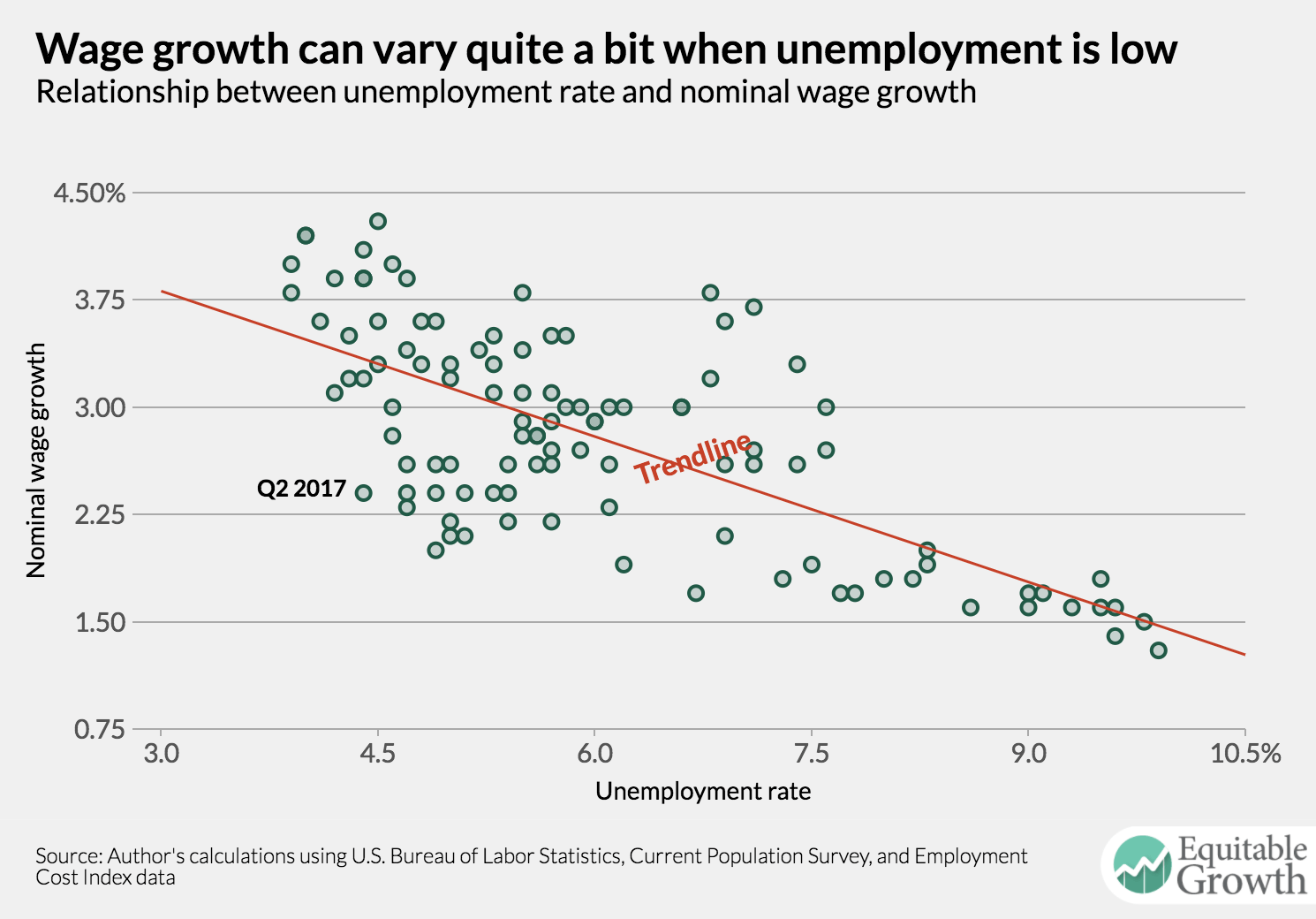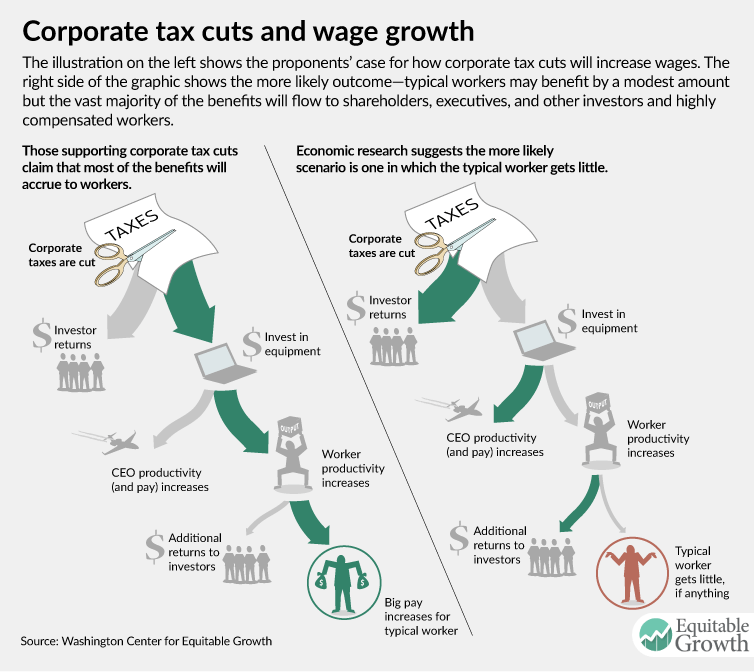This is a weekly post we publish on Fridays with links to articles that touch on economic inequality and growth. We won’t be the first to share these articles, but we hope that by taking a look back at the whole week, we can put them in context.
A new explanation for stagnant wages has been getting a lot of attention recently: monopsony. [nyt] Read what Equitable Growth has had to say about monopsony here, here, and here.
A sign of a tightening labor market? More corporations are giving even their hourly employees paid time off for the birth of a child. [nyt] Read more about the need for paid family leave and other modernizing updates to U.S. labor law in this report by Equitable Growth’s Bridget Ansel and Heather Boushey.
A new report on strategies to address poverty underscores the findings of research by scholars such as Stanford University economist (and Equitable Growth Steering Committee Member) Raj Chetty: “When it comes to being poor in America, geography is still destiny.” [city lab]
Regional inequality continues to worsen as large cities account for ever greater shares of the U.S. population and output growth. [brookings]
The economic question of the relationship between inequality and growth shouldn’t distract from focusing on how policy decisions impact real people, argues Harvard University Kennedy School of Government professor (and Equitable Growth Steering Committee Member) Jason Furman. [project syndicate]
Friday figure

Figure is from Equitable Growth’s “Just how tight is the U.S. labor market?”

